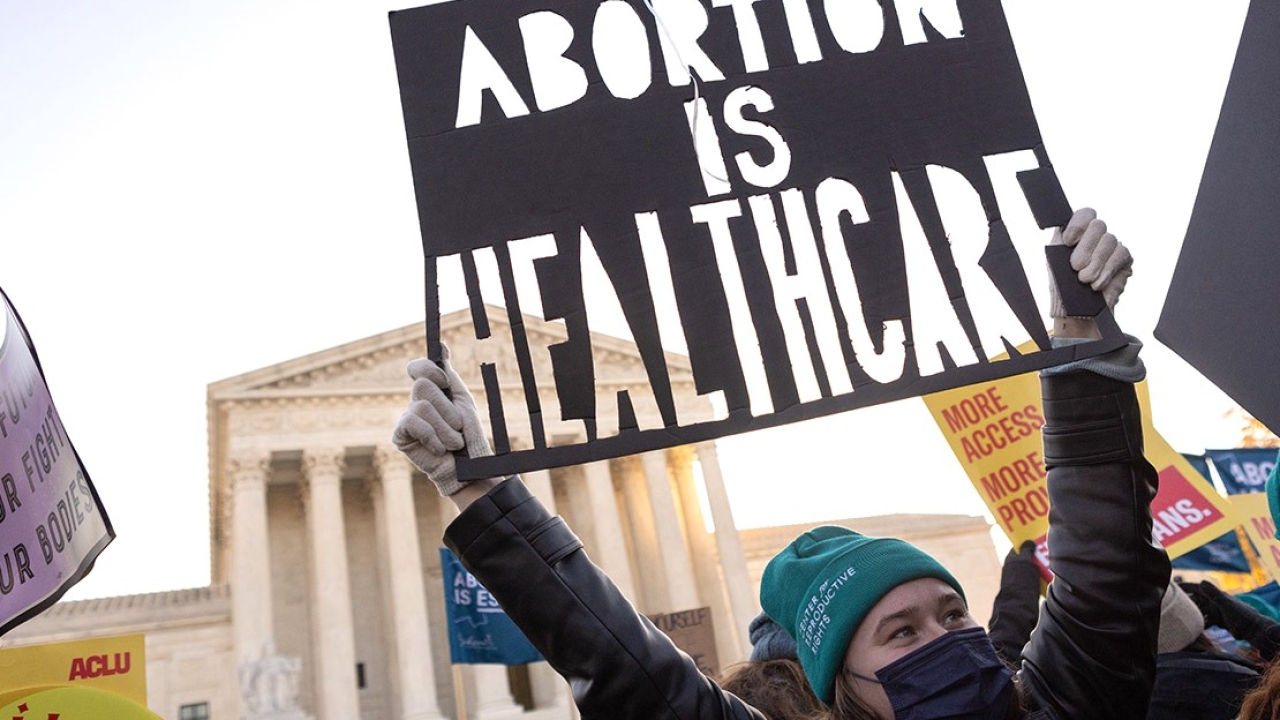Access to safe abortion is a basic human right
Posted on 11 October, 2022 by john doe

International Safe Abortion Day, a day when people, groups, and governments from all over the world mobilise to voice their demands regarding the need to uphold reproductive justice and defend a person’s right to a safe and legal abortion. This year’s subject is abortion in unsettling times.
The Roe V. Wade judgement, a landmark 1973 ruling, was overruled by the US Supreme Court earlier this year, shocking many of us. This ruling established the constitutional right to child termination for women in the US.
Women no longer have the right to make their own reproductive decisions, as was essentially established when the conservative majority of the US Supreme Court shredded Roe V. Wade. Since then, there has been widespread uproar over this discovery, and some conservative US states have passed legislation severely restricting or outlawing access to abortion, along with fresh attempts to impose federal restrictions.
As we were processing this news, a 2018 documentary appeared in our Netflix recommendations. Reversing Roe, a documentary, caught our attention, whether it was a coincidence or the Netflix algorithm at work. This must-see movie offers a fascinating look at how the abortion debate developed in America and ultimately became politicised.
Abortion is legal in India, following the Medical Termination of Pregnancy (MTP) Act. After this law was implemented in 1971, women could get an abortion under specific conditions up to 20 weeks of pregnancy. The abortion window has been extended to 24 weeks as of 2021, again based on the following criteria: if the person is a minor, a survivor of rape or incest, when one’s marital status changes during pregnancy (widowhood or divorce), and if there are foetal anomalies and a medical board determines that the pregnancy can be terminated. If there are foetal malformations, there is no gestational age restriction on abortion.
According to the Medical Termination of Pregnancy (MTP) Act, abortion is permitted in India. Women might obtain an abortion under certain circumstances up to 20 weeks of pregnancy after this law was passed in 1971. As of 2021, the period for the abortion was extended to 24 weeks, again based on conditions: if the person is a minor, a survivor of rape or incest, when one’s marital status changes during pregnancy (widowhood or divorce), and if there are foetal anomalies and a medical board determines that the pregnancy can be terminated. There is also no gestation limit for abortion if there are foetal anomalies.
The general goal of Partnerships for impact in an economical, responsible way and ask our partners to do the same.